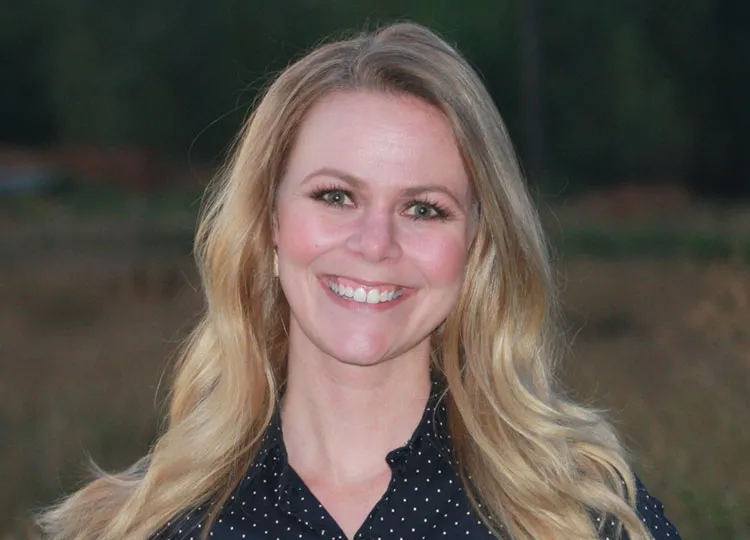Dr. Baldwin brings passion for animals to job of state veterinarian

JOHNSTOWN — Dr. Maggie Baldwin of Johnstown spends her work day thinking about the state’s herd animals, then goes home to her small herd of five goats, one horse, two cats and a snake.
“These guys are companion animals. We call them the Misfits of Wise Acres,” Baldwin said about the rescues she raises on her hobby farm, where she lives with her husband, Jason, and their two children.
Baldwin works with herd animals in a regulatory capacity as the state’s first-ever female state veterinarian for the Colorado Department of Agriculture, a role in place since 1954 to support the mission of…
THIS ARTICLE IS FOR SUBSCRIBERS ONLY
Continue reading for less than $3 per week!
Get a month of award-winning local business news, trends and insights
Access award-winning content today!

